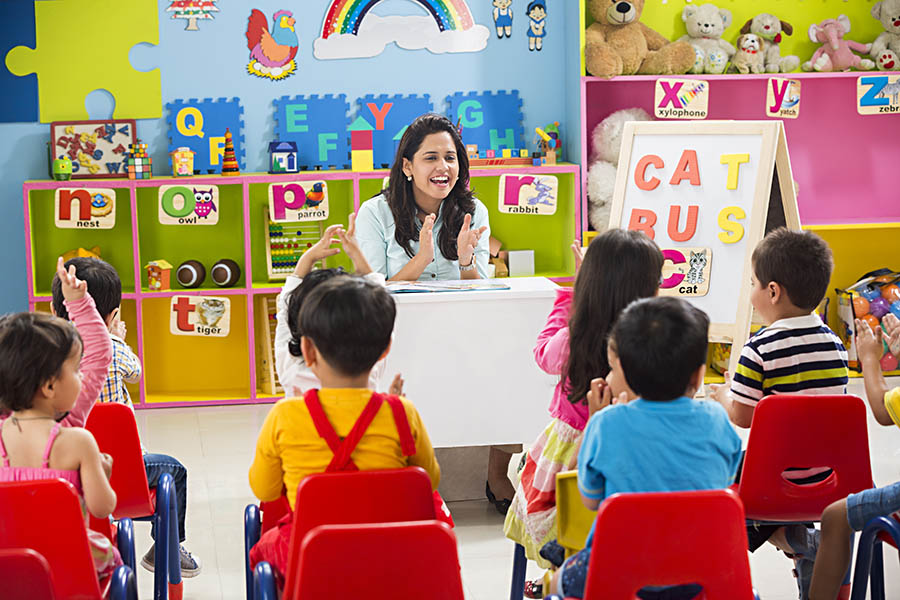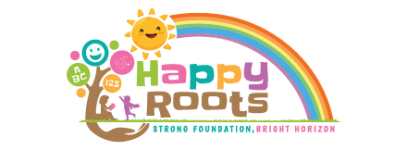Millennia Kidz-Teaching kids good manners

Etiquette and good manners are essential parts of childcare. The manners that are taught to kids at an early age stick with them forever and are essential to their success in all areas of life. In addition to setting age-appropriate goals for kids to achieve, it is our responsibility as parents to lead by example at home. Preschoolers imitate their elders, therefore it is crucial for parents and other adults to be aware of their behaviour even when they don’t think the children are paying attention.
Using the words: Please, Thank You, and Sorry: The golden words should be taught to the child so that they are utilised properly regardless of where they are—at home or at school, speaking to their peers or their seniors. This teaches kids to value everyone’s contributions and not take anything for granted. The importance of teaching children small gestures and words like “thank you,” “please,” and “sorry” when mistakes are made cannot be overstated. It’s crucial to express gratitude for others’ assistance and to value their contributions. Children saying “Thank you” to the bus driver as they exit makes him feel happy.
Greeting others: It is best to start teaching children at home how to say “Good morning,” “Good evening,” and “Hello.” When parents welcome their children at home, the children naturally pick up the habit of doing the same when they see other adults or friends. As the children get older, manners become ingrained in them and assist them to be respectful and humble in social situations as well as at work.
Being considerate and helpful in public settings—Parents should teach their children to be considerate of others. Children should be trained to assist others in picking up items for them when someone drops veggies or other items at the store. As parents, we should refrain from using our phones or speaking aloud in public. The children then learn to be considerate of others and behave politely in public settings such as malls and other retail establishments.
Being compassionate and kind- Children can be taught to say, “Thank you for keeping our roads clean,” as a polite gesture that helps the municipality employees feel special for the services they provide to the community. They can be instructed to be considerate by offering to modify and seat next to elderly people in public transportation, such as buses and trains. This encourages children to express their gratitude to those who support the community and to be aware of the actions they should model in order to be kind and compassionate.
Using table manners: The most important component of good eating habits is discipline and etiquette at the table. Children should learn from their parents to eat with consideration for others. Setting an example by observing proper table manners at the dinner table might help teach this. It’s crucial to remember to talk less, avoid using cell phones, avoid stuffing their mouths with food and pouring it all over the plate, and avoid moving around and having fun while eating. The most crucial component of early habits that will take them far and help children behave well in restaurants is learning decent table manners.
Teaching children to share: Children must be taught to share while also fostering a caring nature. Sharing a book or other modest items with neighbours is a good example for parents to provide their kids. When youngsters share toys with their siblings or playground equipment with kids from the neighbourhood, it’s important to compliment them. As a result, they are better able to cultivate the traits of sharing toys and books at school as well as working well with others at work and in their community.
With the proper type of positive reinforcement, we will be pleasantly delighted to see their children demonstrate etiquette at an early age. At Millennia Kidz Nursery School in Yelahanka New Town childrens are capable of learning a lot of things.


